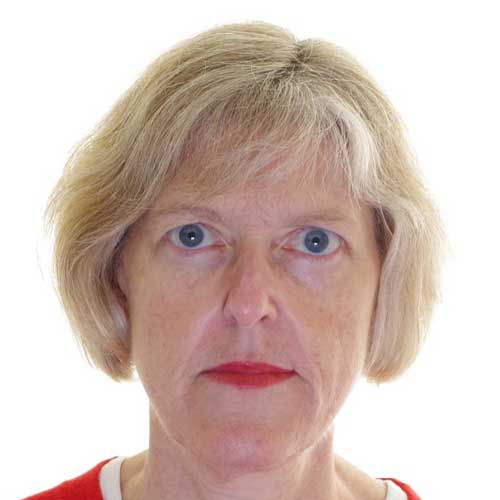Kent family law expert Professor Rosemary Hunter has been appointed to a government panel steering a public call for evidence on how the family courts protect victims in cases of domestic abuse and other serious offences.
The panel, appointed by the Ministry of Justice, held its first meeting earlier this month. Over the next three months, it will oversee a call for evidence that seeks to build a more detailed understanding of any harm caused to children and parents during or following proceedings in the family court.
Professor Hunter is one of 11 panel members representing key organisations from across family justice including the Judiciary, academia, social care and policy officials. The panel is supported by analysts, researchers and policy officials from the Ministry.
Professor Hunter recently completed a major research project on ‘Mapping Paths to Family Justice’ which investigated the operation and experiences of different forms of out-of-court family dispute resolution. The resultant book, Mapping Paths to Family Justice: Resolving Family Disputes in Neoliberal Times (Palgrave Macmillan, 2017) won the 2018 SLSA Hart Socio-Legal Book Prize. The project was funded by the Economic and Social Research Council and undertaken in collaboration with colleagues from the University of Exeter.
She is currently engaged in several projects focusing on family courts’ handling of domestic abuse allegations, including a co-edited special issue of the Journal of Social Welfare and Family Law, Vol 40(4) (2018).
Her current research on access to justice includes work with Professor Liz Trinder (University of Exeter) on judgecraft in relation to litigants in person; and a co-authored contribution on Lawyers and Access to Justice in a forthcoming edited collection on Lawyers in 21st Century Society.
Professor Hunter is the academic member of the Family Justice Council, a non-departmental public body with an interdisciplinary membership whose task is to monitor the family justice system to ensure it is working effectively and to advise on reforms needed for continuous improvement. She also presents regular sessions on family law issues at the Judicial College, and is a member of the Private Law Working Group, established by the President of the Family Division to review family court procedures in child arrangements cases.

